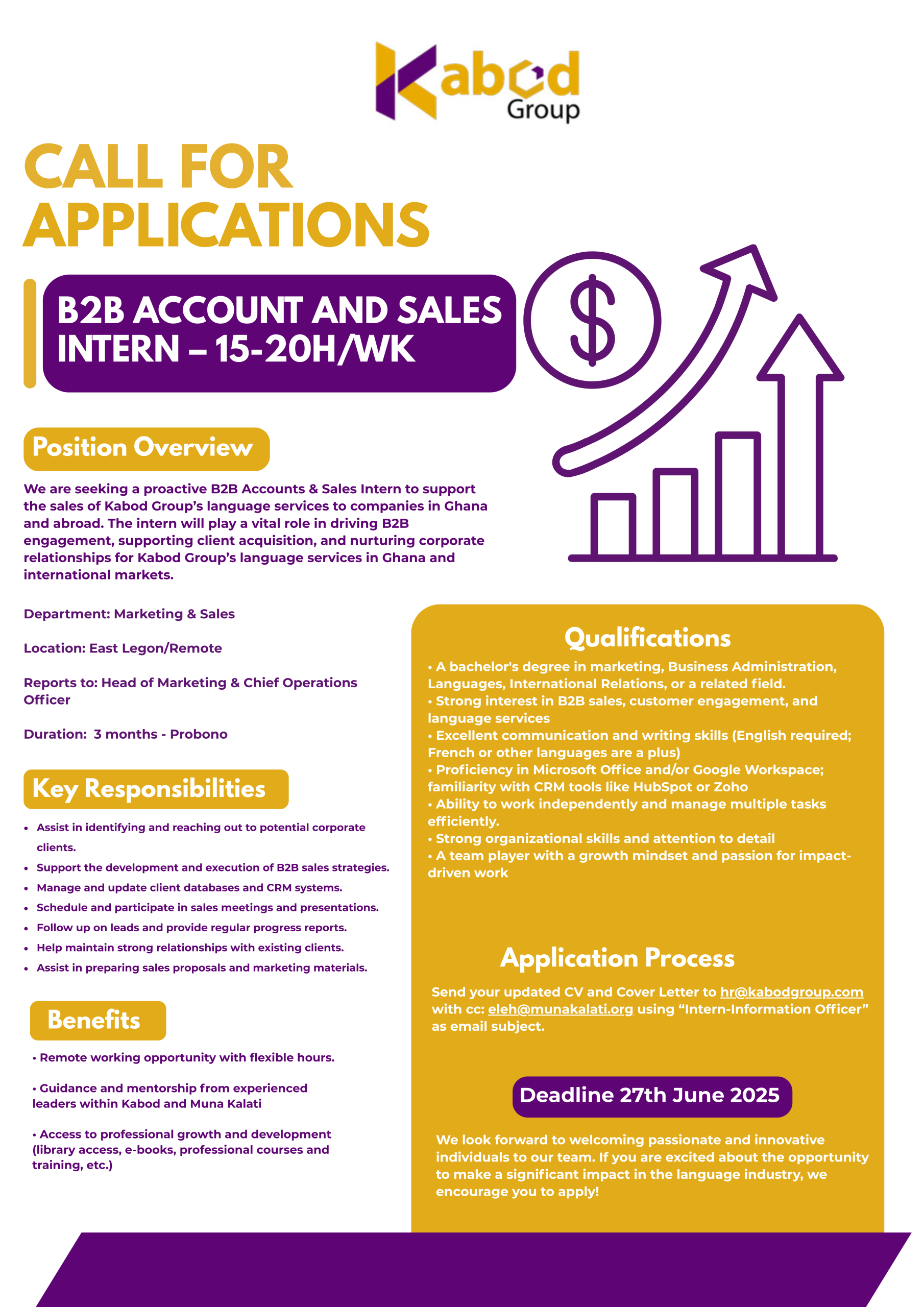Let’s say you want to build a library. Do you just wake up one day and find contractors to start building? No! Foremost, make a plan having the end goal in mind. This plan of action is what you call a ‘strategy’.
The same principle applies to Knowledge Management. A Knowledge Management strategy is a plan of action that outlines how an organization will manage data, information, and knowledge in order to upscale productivity and improve performance. It usually aligns with the organization’s overall objectives.
When it comes to strategies, there is no ‘one size fits all.’ Different organizations implement different strategies based on different factors such as organizational culture, number of employees, current state, and many others. Here are a few management strategies organizations can leverage. The list is exhaustive, but we would focus on eight.
We would use the acronym MADDINAS.

Motivate
Recognition and awards play a very vital role in encouraging people to do more. It is important to clearly communicate the KM goals so that stakeholders are able to have a clear picture of what knowledge related actions they need to take.
Analyze
An in-depth review must be done to ensure the accuracy and validity of the content.
Disseminate
Knowledge is only valued when users can have access to it. Organizations should be deliberate in sharing the knowledge.
Demand
Dissemination requires that you demand, ask questions and search. Use search engines, experts, and locators.
Innovate/Invent
Creativity provides organizations with the capacity to thrive in a fast-paced environment. It triggers the imagination and promotes continuous learning.
Network: Encourage collaboration, both within and out of the organization. This creates long-lasting valuable relationships, builds trust and sparks up new ideas.
Augment
Leverage technology to take your strategy to the next level. Using Artificial Intelligence (AI) enhances decision-making processes.
Supply
Knowledge management can only occur when there is a supply of knowledge. You cannot manage what does not exist. Supplying here involves collating, capturing, and storing in forms that are easily accessible to users.
Integrating these strategies into your organization will go a long way to augmenting performance and establishing a solid knowledge culture.
If you are interested in knowing other strategies and how well they can work for you, contact us for more information.




